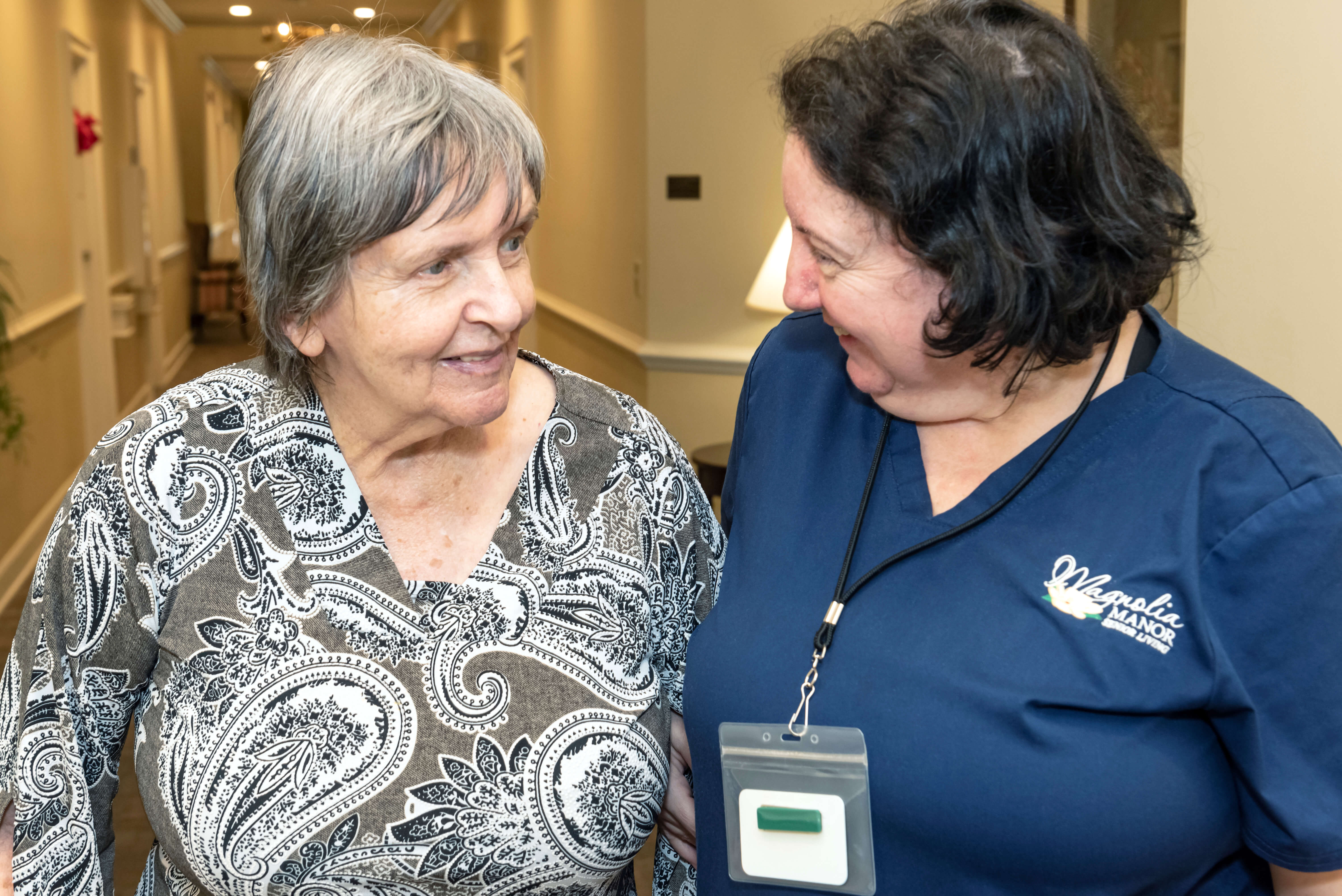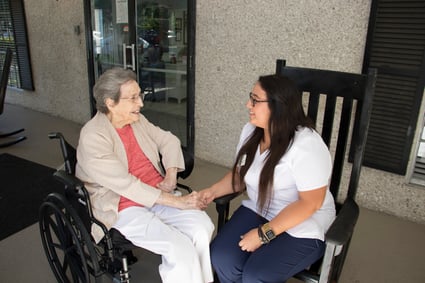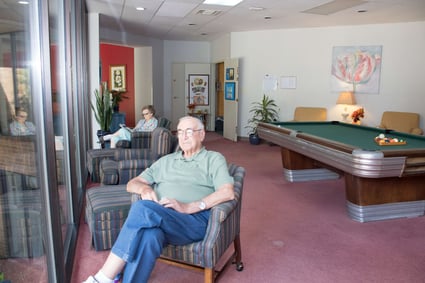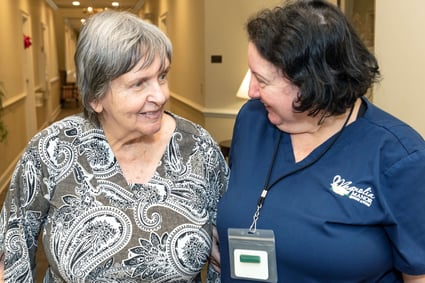Download our Free Guide:
Senior Living Explained
Learn what different types of senior living care are available and which one best fits your needs now and in the future.


%20.jpg?width=763&height=508&name=Richmond%20Hill%20-%20Libs%20101st%20B-Day%20(1890)%20.jpg)
Taking advantage of others is bad behavior, but it seems even more reprehensible when the victims are seniors. Unfortunately, older adults are popular targets.
According to the FBI, 92,371 American seniors were victimized by scams in 2021. However, many of these episodes go unreported, so we can only guess at the true total. But we do know that those 92,371 older adults suffered losses totaling $1.7 billion – that’s 74% more than was lost to fraud just a year before. These schemes gained popularity with thieves and con artists during the pandemic, but they are just as prevalent and dangerous today.
 Clever fraudsters use scare tactics or play on your heartstrings to swindle seniors by phone, via the internet and through the mail.
Clever fraudsters use scare tactics or play on your heartstrings to swindle seniors by phone, via the internet and through the mail.
The most commonly reported scams involve:
 Then, there are the romance scams, fake charities and more. These fictions are all designed to steal your money outright or to steal your personal identity – social security or Medicare numbers, bank and credit card account information, etc. – to use later for nefarious purposes.
Then, there are the romance scams, fake charities and more. These fictions are all designed to steal your money outright or to steal your personal identity – social security or Medicare numbers, bank and credit card account information, etc. – to use later for nefarious purposes.
They work because scammers know exactly which buttons to push. They aim to tap into the generosity seniors are known for. Or certain vulnerabilities. Or the assumed wealth an older adult may have accumulated over their lifetime.
 Don’t Sit Back, Fight Back!
Don’t Sit Back, Fight Back!
Many seniors don’t tell anyone what happened because it’s embarrassing. How could you be taken in like that? The answer is that scammers are good and getting better every day at perfecting their approaches. It can be darn hard to tell if a call or email or even something in your mailbox is real. So here’s some advice to protect yourself:
Don’t become a victim of fraud. Follow these tips to avoid scams.
 In many cases, fraud attempts targeting the elderly are conducted over the telephone. Here are some of the most common phone scams, along with tips to avoid or diffuse them:
In many cases, fraud attempts targeting the elderly are conducted over the telephone. Here are some of the most common phone scams, along with tips to avoid or diffuse them:
 If you feel that someone is attempting to scam you, call the National Elder Fraud Hotline: 833–372–8311 (833–FRAUD–11). The US Department of Justice Office for Victims of Crime created this hotline specifically to encourage reporting of fraud targeted at anyone age 60 or older. Reporting fraud can help put these abusive scammers out of business.
If you feel that someone is attempting to scam you, call the National Elder Fraud Hotline: 833–372–8311 (833–FRAUD–11). The US Department of Justice Office for Victims of Crime created this hotline specifically to encourage reporting of fraud targeted at anyone age 60 or older. Reporting fraud can help put these abusive scammers out of business.
We strive to keep Mom or Dad as safe as possible
At Magnolia Manor, our residents are family. With that in mind, we are committed to supporting their physical, spiritual, social, and mental wellbeing. That includes helping seniors understand scam-related risks and how to avoid them. We invite you or your elder loved one to contact us online or by calling 855-540-LIFE (5433) to learn more about life in our communities.
Learn what different types of senior living care are available and which one best fits your needs now and in the future.
